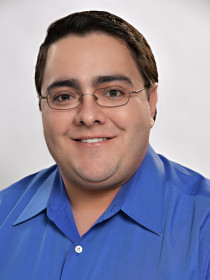
Corbin J. Standley
Connect with Corbin
About Corbin
Standley's research interests lie at the intersection of community psychology, public health, and policy. Broadly, he is interested in equitable community and systems change through the use of data and evaluation. Moreover, he is interested in the application of community psychology in studying suicide and its prevention, particularly in terms of policy change and community-level approaches to prevention. Standley also serves as the Chairman of the Board of Directors for the Michigan Chapter of the American Foundation for Suicide Prevention.
Contributions
In the News
Publications
Discusses using community psychology values to foster state-level policy change through recent examples of research-informed legislation and youth engagement in advocacy in Michigan.
Finds that youth with intersecting marginalized identities report greater rates of suicidality, and finds that family, school, and community social support can be a protective factor against suicide among youth.
Discusses social identity and its relation to suicide risk. Reviews the literature on these topics. Highlights importance of paying attention to the unique experiences of youth through the study of intersectionality and using socioecological models in our research moving forward.
Discusses how advocacy and prevention work can aid in healing after a suicide loss.
Finds youth with multiple marginalized identities are at increased risk for suicide. Finds social support serves as a protective factor for suicide among youth.
Finds youth with minority identities are at increased risk for suicide.